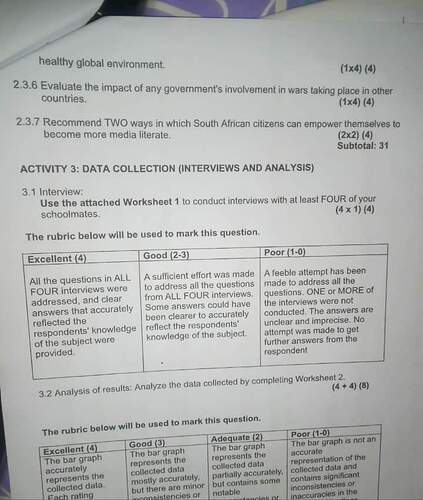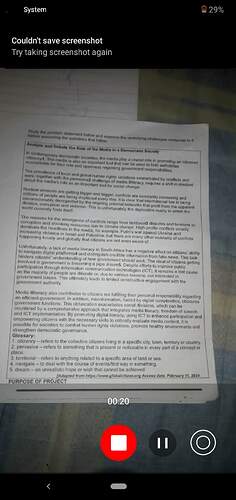2.3.6 Evaluate the impact of any government’s involvement in wars taking place in other countries
Answer:
Government involvement in wars in other countries can have a profound and multifaceted impact. These impacts can be analyzed from several perspectives:
1. Political Impact:
- Influence and Power: Governments engage in foreign wars to extend their influence and power. This can result in a shift in regional or global power dynamics.
- Alliances and Diplomacy: Such involvement can strengthen alliances with certain countries while straining relations with others. For example, NATO members have often seen strengthened ties among themselves through collective involvement in conflicts.
2. Economic Impact:
- Cost of War: The financial burden of war can be substantial, diverting resources from domestic programs such as education, healthcare, and infrastructure. The United States’ involvement in the Iraq and Afghanistan wars, for instance, cost trillions of dollars.
- Trade and Sanctions: Wars can disrupt trade routes and result in economic sanctions, both of which can affect the global economy. The ongoing conflict in Ukraine has had significant economic repercussions worldwide, impacting energy prices and food supplies.
3. Social Impact:
- Humanitarian Issues: Wars often lead to significant humanitarian crises, including loss of life, displacement of populations, and widespread suffering. Governments involved in these conflicts may face domestic and international criticism.
- Public Opinion: Prolonged involvement in foreign wars can lead to public dissatisfaction and protest, influencing domestic politics and elections. The Vietnam War is a notable example where American public opinion turned sharply against the government’s actions.
4. Security Impact:
- Terrorism and Insurgency: Foreign interventions can sometimes lead to increased terrorism and insurgency, as seen in the rise of extremist groups in the Middle East following Western interventions.
- National Security: While intended to enhance national security, foreign wars can sometimes have the opposite effect, creating new security threats and challenges.
2.3.7 Recommend two ways in which South African citizens can empower themselves to become more media literate
Answer:
1. Education and Training Programs:
- Workshops and Seminars: Organizing workshops and seminars on media literacy can significantly empower citizens. These programs can teach critical skills such as identifying reliable sources, understanding media bias, and differentiating between fact and opinion.
- School Curriculums: Incorporating media literacy into school curriculums can ensure that students grow up with the skills needed to navigate the complex media landscape. This can include lessons on how to evaluate news sources, understand advertising, and responsibly use social media.
2. Access to Resources:
- Public Libraries and Community Centers: Providing access to media literacy resources in public libraries and community centers can help reach a wider audience. These resources can include books, online courses, and interactive tools designed to enhance media literacy.
- Online Platforms: Utilizing online platforms to disseminate information about media literacy can be highly effective. Websites, blogs, and social media campaigns can reach a broad audience, offering tips, tutorials, and interactive content to help citizens critically engage with media.
Empowering South African citizens with media literacy is crucial in today’s digital age, where misinformation and fake news can easily spread. By focusing on education and access to resources, citizens can become more discerning consumers of information, thereby contributing to a more informed and democratic society.

